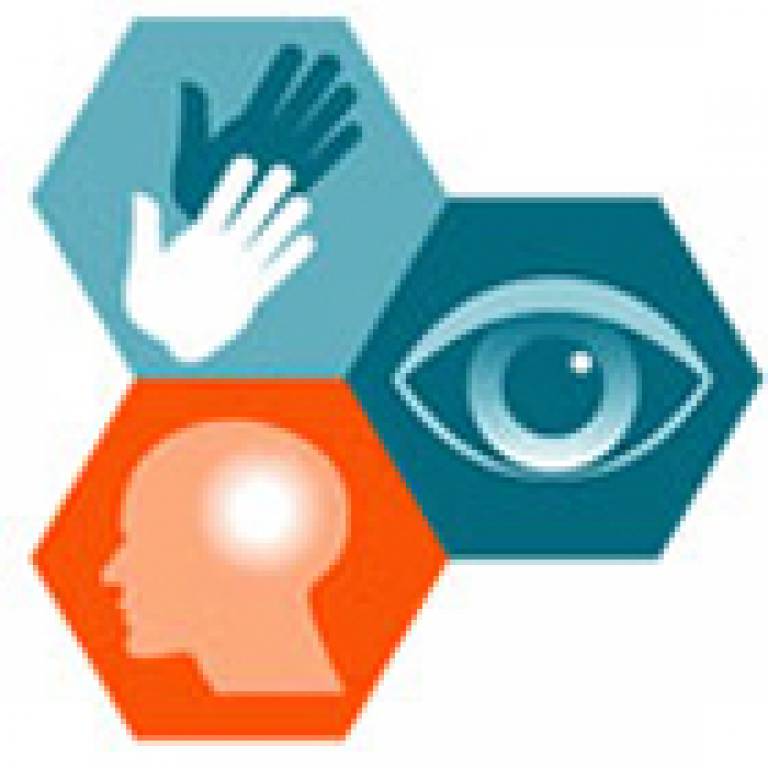£1.2m to build sign language collection
21 September 2007
Links:
 dcal.ucl.ac.uk/team/adam_schembri.html" target="_self">Dr Adam Schembri
dcal.ucl.ac.uk/team/adam_schembri.html" target="_self">Dr Adam Schembri
Dr Adam Schembri of the Deafness Cognition and Language Research Centre (DCAL) at UCL will lead a team from five universities to build the first national, publicly accessible digital collection of British Sign Language (BSL) recordings.
The three-year project, funded by a £1.2 million grant from the Economic & Social Research Council, will involve gathering video recordings and related information from at least 240 BSL users from eight locations across the UK. To reflect the variety of the deaf community, it will include a balance of men and women, young and old, from a range of social backgrounds, ethnic groups, and both those with deaf and with hearing parents.
The resulting 'corpus' will provide a centralised source of data for research into the highly varied and rapidly changing nature of British Sign Language. The researchers will study the relationship between variation and change in aspects of BSL such as vocabulary and grammar, and the users' social backgrounds.
The team will also investigate which signs are the most common in conversation. All elements of the project will enhance research conducted at DCAL, such as comparison of BSL with Australian and American Sign Languages, and will improve sign language teaching resources.
British Sign Language use has a number of unique characteristics. Only five to ten per cent of the British deaf community learn BSL as their first language from signing parents - the majority of signers learn BSL from deaf peers or from friends in early adulthood. There is no widely used writing system or BSL 'standard' in education. BSL users also have extensive contact with the spoken language of the surrounding community. These factors, among others, have led to great variety in the language itself. BSL is currently undergoing a period of rapid change given increasing use on television since the 1980s and in a wider variety of social situations.
Dr Adam Schembri will lead the seven-strong project team, involving three DCAL colleagues including Centre Director Professor Bencie Woll. It also includes researchers from the University of Bristol, Bangor University, Heriot-Watt University and Queens University Belfast.
Dr Schembri said: "The corpus will help us understand the structure and use of BSL and how it develops over time. This will have a major impact on the way BSL is taught and interpreters are trained."
To find out more about BSL and DCAL's research, follow the links at the top of this article.
Image 1: DCAL is a world-renowned centre of excellence in research into British Sign Language
Image 2: Use of British Sign Language in social settings has grown since the 1980s
Image 3: One benefit of the research will be better resources for teaching sign language
|
Context The Deafness Cognition and Language Research Centre at UCL brings together leading deaf and hearing researchers in sign linguistics, psychology, and neuroscience to provide a unique perspective on language and thought based on deaf people's communication. DCAL also works with collaborators in science, education, medicine, and social services to make sure that the research leads to real impacts on deaf people's lives. Related news |
 Close
Close

